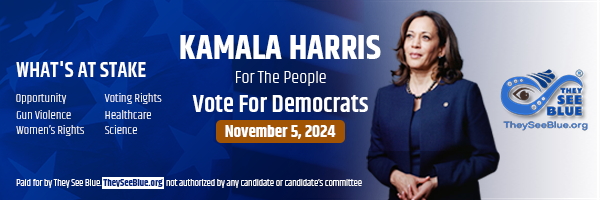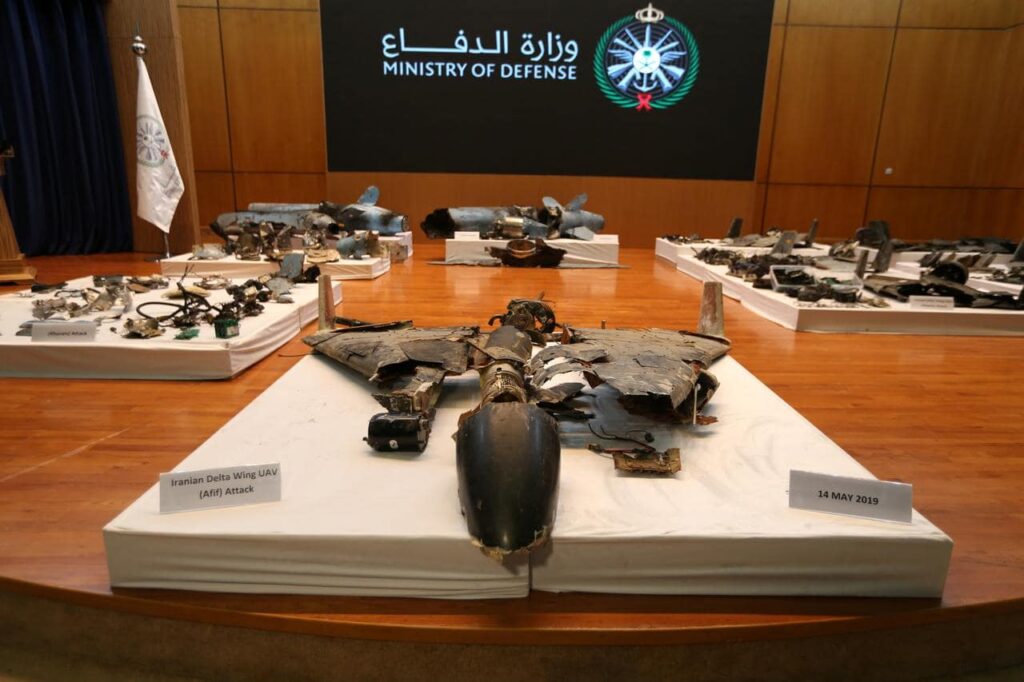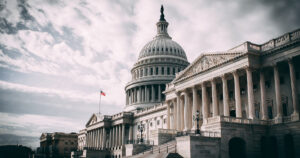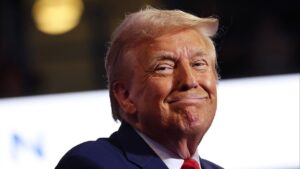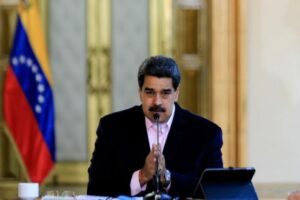
Saudi Arabia displayed remnants of what it described as Iranian drones and cruise missiles used in an attack on Saudi oil facilities as “undeniable” evidence of Iranian aggression.
Defence Ministry spokesman Colonel Turki al-Malki said a total of 25 drones and missiles were launched at two oil plants in last weekend’s strikes, including what he identified as Iranian Delta Wing unmanned aerial vehicles (UAV) and “Ya Ali” cruise missiles. He said the missiles have been used by Iran’s Revolutionary Guards.
“The attack was launched from the north and unquestionably sponsored by Iran,” he told a news conference. “The evidence … that you have seen in front of you, makes this undeniable.”
Iran has denied any involvement in the assault that initially halved Saudi Arabia’s oil production.
Malki said both drones and missiles were launched at Abqaiq, home to the world’s largest oil processing facility, and that cruise missiles had targeted Khurais.
Yemen’s Iran-aligned Houthi movement, which has been battling a Saudi-led military coalition, had claimed responsibility for the strikes.
Malki, who is also the spokesman for the coalition, reiterated that the attack could not have come from Yemen, saying the Houthi movement was “covering up” for Iran.
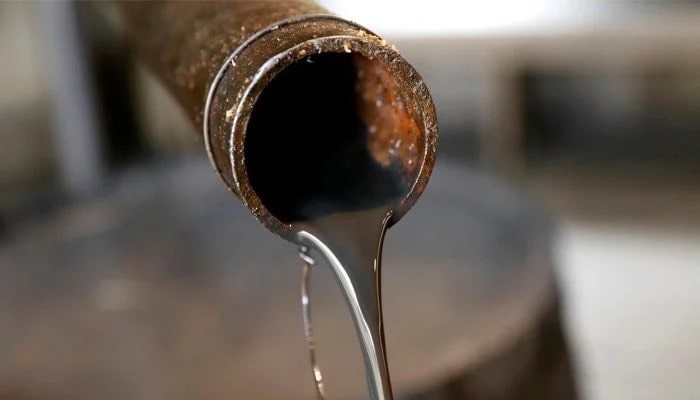
Saudi Arabia said on Tuesday the 5.7 million barrels per day of output lost would be fully restored by the end of the month.
Oil prices fell after the Saudi reassurances, having surged more than 20 percent at one point on Monday — the biggest intra-day jump since the 1990-91 Gulf War.
Saudi Arabia’s finance minister told Reuters on Wednesday the attack had no impact on revenues and Aramco was continuing to supply markets without interruption.
US efforts to bring about a UN Security Council (UNSC) response look unlikely to succeed as Russia and China have veto powers and are expected to shield Iran.
Russian President Vladimir Putin, who has offered to sell Riyadh defence systems, called for a “thorough and impartial” probe during a phone call with Prince Mohammed.
The assault exposed serious gaps in Saudi air defences despite billions of dollars spent on Western military hardware and repeated attacks on vital assets during its four-and-a-half year foray into the Yemen war.
“The attack is like September 11th for Saudi Arabia, it is a game changer,” said one Saudi security analyst.
Already frayed US-Iran ties deteriorated further when Trump quit the nuclear pact and reimposed sanctions, severely hurting the Iranian economy. Iran has ruled out talks with Washington unless it returns to the pact.
Trump said he was not looking to meet Rouhani during a UN event in New York this month. Rouhani and his foreign minister may not attend the General Assembly at all if US visas are not issued in coming hours, state media reported Wednesday.
Washington and its Gulf allies want Iran to stop supporting regional proxies, including in Yemen, Iraq, and Lebanon.
Despite years of air strikes against them, the Houthi movement boasts drones and missiles able to reach deep into Saudi Arabia, the result of an arms race since the Western-backed coalition intervened in Yemen in March 2015.
Iran’s rulers support the Houthis, who ousted Yemen’s internationally-recognised government from power in the capital Sanaa in late 2014. But Tehran denies it actively supports them with military and financial support.
Iran maintains the largest ballistic and cruise missile capabilities in the Middle East that could overwhelm virtually any Saudi missile defence system, according to think-tank CSIS, given the geographic proximity of Tehran and its proxy forces.
But even more limited strikes have proved too much for Saudi Arabia, including recent ones claimed by the Houthis on a civilian airport, oil pumping stations, and the Shaybah oilfield.



